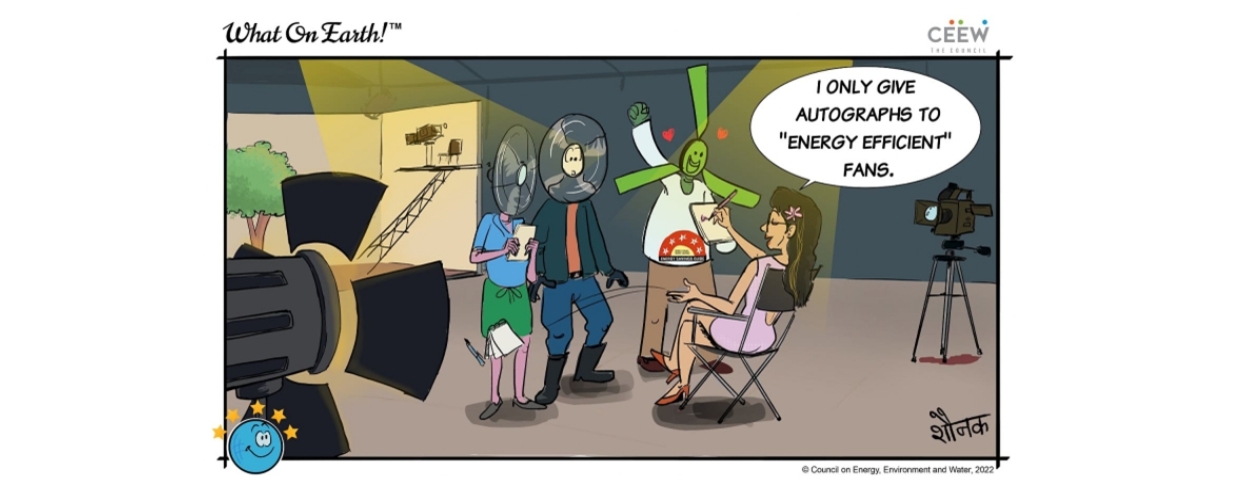
Sustainability reporting is like the iceberg that could sink your Titanic. Scope 1 and 2 are only the tip. Hidden below the surface lies the value chain and its potentially deadly scope 3 emissions.
ESG regulations are constantly evolving. Each year more countries and regions are mandating Scope 3 emissions declarations and actions, and widening the net of companies for whom sustainability reporting is mandatory.

Start ahead of the curve, rather than playing catch up with sustainability reporting.
Though it might seem like a mammoth task, tips from early adopters can apply to your business too.

Upstream and Downstream Value Chain Partners at a Glance

Climate Group kicked off Climate Week in New York with a 7-point Global To-Do List of targets and action-points for governments and businesses to adopt sustainable practices.


GovEVA is pleased to feature What On Earth!® a cartoon series from the think tank Council on Energy, Environment and Water (CEEW) to mainstream sustainability. This collaboration should however, not be viewed as an endorsement of either organisation’s policies or views
Recognising the Power of Value Chain Emissions and Actions,
Scope 3 Focused Sessions at Climate Week

VOTE HERE for what YOU want to read about in December
more likely to experience significant decarbonisation benefits, when companies comprehensively measure Scope 1, 2 and 3 emissions Fourth annual BCG + CO2 AI Carbon Emissions Survey.
of core Environment Social Governance (ESG) reporting will be outsourced within the next 3 years.
KKPMG: Addressing the Strategy-Execution Gap in Sustainability Reporting
growth in India’s bio-economy. BioE3 Policy (Biotechnology for Economy, Employment and Environment), aims to position India as a leader in sustainable development and bio-based industries.
Ministry of Science and Technology
5 Million+ Customer Transactions Each Month

AI-Powered ESG Management
and Reporting, Enabled by Domain Experts

GovEVA is a leading cutting-edge digital ESG SaaS platform. Our vision is to empower large enterprises to digitize and streamline their sustainability journey, ensuring they meet their ESG goals efficiently and effectively.
A1, 8th Floor, Chander Mukhi Building,
Ramnath Goenka Marg, Nariman Point,
Mumbai – 400021, Maharashtra, India.

+91 98202 22089
Info@goveva.com
Copyright @2024 GovEVA. All rights reserved. ![]()
![]()